In 2020, the Florida legislature passed a new law called the Florida Uniform Partition of Property Heirs Act (“the Act”). The purpose of this law is to allow heirs of property to buy out the shares of other heirs in a court-supervised sale.
In the past, if one of a group of heirs wanted to keep an inherited property but the others wanted to sell, and the heirs couldn’t agree on a sales price, then the only legal remedy that the heirs had was a partition sale under Florida Statute Section 64.041. The Act allows the heir that wants to buy another heir’s property share the ability to purchase it for its appraised value. The intent of the new law is to facilitate preservation of real estate within a family.
When Does the Florida Uniform Heirs Property Act Apply
Heirs who inherit a property share may avail themselves of the Act when the following conditions apply:
-the heir holds his property interest as a tenant in common
-there is no prior agreement among all the heirs governing partition of the property
-one of more of the cotenants acquired title from a relative, whether living, or deceased
AND, any of the following applies:
1. Twenty percent or more of the interests are held by co-tenants who are relatives;
2. . Twenty percent or more of the interests are held by an individual who acquired title from a relative, whether living or deceased; or
3. Twenty percent or more of the cotenants are relatives.
Buyout Process Under the Act
The process is initiated when an heir who wants to sell his portion of the property files a partition action under Florida Statute Section 64.041. In his partition complaint, he asks the court to apportion and sell the property. The court then determines whether the property is heirs’ property under the criteria stated above. If the property meets these criteria, the court then orders an appraisal to determine the fair market value of the property. Once the court notices all parties of the results of the appraisal, it holds a hearing at which it decides whether to adopt the results of the appraisal as the fair market value of the property.
The next step that the court takes under the Act is to send notice to all the other co-tenants that they have the right to buy out the cotenant who requested partition at a purchase price based on the appraised value of the property multiplied by the co-tenant’s fractional ownership share. The cotenants then have 45 days to exercise their purchase rights under the Act.
What happens next depends on whether one or more cotenants elect to purchase the property interest of the co-tenant who sought partition. If no cotenant exercises his purchase rights, the court orders a physical partition or partition by sale of the property. If one or more cotenant exercises his purchase rights, the court notices the other co-tenants of this fact and then issues a judgment of partition that reallocates the co-tenants’ respective shares in the property.
In keeping with the purpose of the act, a court-ordered buyout is only available when a relative of the decedent owns a portion of the property (so, if decedent’s heirs are not relatives, the Act will not apply). The Act defines a relative broadly as “ an ascendant, descendant, or collateral or an individual otherwise related to another individual by blood, marriage, adoption, or law of this state other than this part.” However, an heir who is not a relative may exercise buyout rights under the Act as long as 20% or more of the other cotenants are relatives (or 20% of shares belong to a relative). Thus, the act has broad applicability in situations where heirs inherit a decedent’s real property.
If you need legal assistance with devising or inheriting property, call John Clarke Esq. at (305) 467-5560!

















